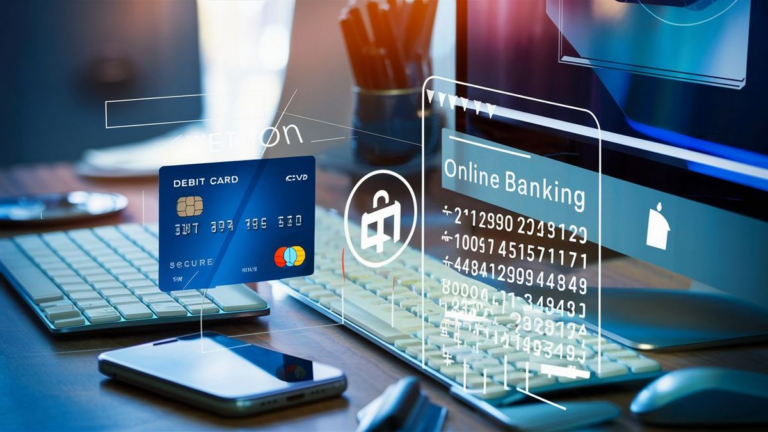Curious about finding your CVV number online? We’re here to guide you through the process. Understanding what a CVV number is and where to locate it is crucial for online transactions. Let’s delve into this topic and unravel the mystery surrounding CVV numbers.
Understanding CVV Numbers
CVV stands for Card Verification Value. It’s a security feature designed to protect your debit card from unauthorized use. Typically, CVV numbers are three or four-digit codes located on the back of your debit card.
Where to Find CVV Numbers
Locating your CVV number is straightforward. Turn your debit card over, and you’ll notice a series of numbers printed on the back. The CVV number is usually the last three digits in the signature panel. It’s separate from your card number and expiration date, adding an extra layer of security.
While it’s necessary to input your CVV number for online transactions, it’s crucial to exercise caution. Never share your CVV number in an unsecured environment or with unknown parties. Legitimate websites and payment gateways will encrypt your information to ensure its safety.
Can You Retrieve Your CVV Number Online?
Contrary to what some may believe, it’s not possible to retrieve your CVV number online through official channels. Financial institutions prioritize security, and exposing CVV numbers online would pose significant risks. Therefore, if you’re unable to locate your CVV number physically, contact your bank for assistance.
Tips for Protecting Your CVV Number
Given the importance of your CVV number in securing online transactions, it’s essential to safeguard it. Here are some tips:
- Memorize your CVV number rather than writing it down.
- Avoid sharing your CVV number unless necessary and only with trusted entities.
- Regularly monitor your account statements for any suspicious activity.
- Report lost or stolen debit cards immediately to prevent unauthorized use.
Final Thoughts
Knowing how to locate your CVV number on your debit card is crucial for secure online transactions. Remember to keep your CVV number confidential and follow best practices to protect your financial information. By staying vigilant, you can enjoy peace of mind while conducting transactions online.
Why is CVV Necessary for Online Transactions?
Understanding the necessity of CVV numbers for online transactions sheds light on their importance. CVV numbers act as an additional layer of security, ensuring that only the cardholder can make purchases online, thus reducing the risk of fraud.
Frequently Asked Questions
| Question | Answer |
|---|---|
| 1. Can I share my CVV number with friends or family? | No, it’s not advisable to share your CVV number even with trusted individuals. Keeping it confidential enhances security. |
| 2. What should I do if I suspect fraudulent activity? | If you notice any unauthorized transactions or suspicious activity, contact your bank immediately to report it and take necessary steps to secure your account. |
| 3. Can I change my CVV number? | No, CVV numbers are static and cannot be changed. However, you can request a new card if you suspect your CVV has been compromised. |
Tips for Secure Online Transactions
In addition to protecting your CVV number, there are other measures you can take to enhance the security of your online transactions:
- Use reputable and secure websites for online purchases.
- Keep your antivirus software up to date to prevent malware attacks.
- Enable two-factor authentication wherever possible for added security.
- Avoid using public Wi-Fi networks for sensitive transactions.
See also:






